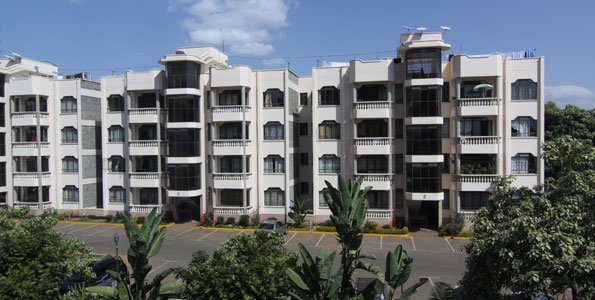Environmental Problems in Southeast Asia: Property Regimes as Cause and Solution
Brief paper on the role of property rights in the economic analysis of environmental problems in Southeast Asia. First talks about the causal role of property rights in the existence of environmental problems, then how property rights must be incorporated into the economic analyses of these problems. Finally, addresses the extent to which changes in property regimes may offer scope for solving persistent environmental problems.



